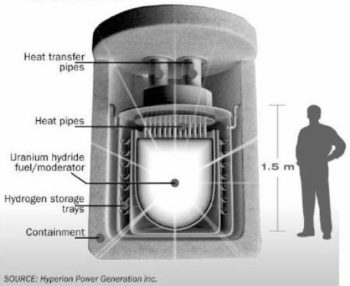 Germany’s hefty green energy subsidies played a crucial role in Chancellor Angela Merkel’s debilitating political losses during last month’s election, according to a report Sunday from The New York Times.
Germany’s hefty green energy subsidies played a crucial role in Chancellor Angela Merkel’s debilitating political losses during last month’s election, according to a report Sunday from The New York Times.
The country’s hefty solar subsidies have created a have and a have-not caste system in Germany, the report notes. Germany’s poorest citizens began joining ranks with Merkel’s chief political opponent after subsidies caused electricity bills to skyrocket.
Germany’s so-called Energiewende has spent nearly $222 billion on green energy subsidies since the early 2000s. Subsidies from the policy are financed through citizens’ electric bills, causing energy prices in Germany to double since 2000, The NYTimes report notes.
Electricity bill increases have had political consequences.
Merkel’s chief political opponent, Alternative for Germany (AfD), campaigned on ending the Energiewende, arguing that the policy has saddled people with ever-increasing energy prices while doing little to lower carbon emission levels.
AfD, which won enough support in recent elections to gain seats in the parliament, gained in popularity because of the toll green energy subsidies have on everyday Germans. The far-right party entered parliament for the first time after grabbing third place with 13.5 percent in September’s elections.
Merkel’s Christian Democratic Union and sister party the Social Christian Union, meanwhile, received 32.5 percent followed by the Social Democrats (SPD) at 20 percent.
The other parties to pass the 5 percent threshold were the pro-business FDP at 10.5 percent, the Greens with 9.5 percent and the hard-left Linke party at 9 percent. CDU dropped nine percentage points compared to the last election.
Germany ramped up coal production after the country took nuclear power plants offline following the Fukushima nuclear plant meltdown 2011. The green energy subsidies have had little effect on controlling greenhouse gas emissions during the past decade, analysts contend, because of the increase in coal production.
The stunted progress on lowing emissions demonstrates the “partial failure” of Germany’s attempt to transition from fossil fuels to green energy, Arthur Landowska, an energy analyst at IHS Markit, told reporters. “The whole point of the energy transition was to lower greenhouse gas emissions.”
The big increases “are absolutely not O.K.,” Thomas Engelke, who leads the Federation of German Consumer Organizations, told reporters. Analysts have voiced similar concerns about solar subsidies and credits that exist in the U.S.
The U.S.’ net-metering program forces utilities to buy the electricity from rooftop solar panels at up to six times the market price, effectively forcing non-solar residents to pay more to maintain the grid.
Solar companies and environmentalists have pushed these policies to encourage solar power and fight global warming, but utilities argue net-metering shifts the costs of maintaining the electrical grid on to households that don’t have solar panels.
Read more at Daily Caller

















Gosh just think of better was they could have spent that 222 Billion on rather then windturbines and solar panels to appease the Eco-Wackos